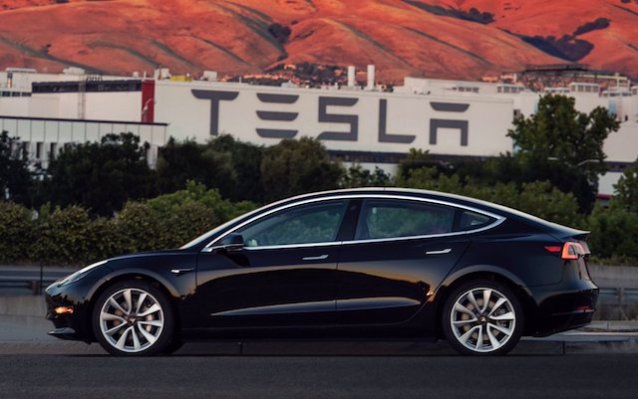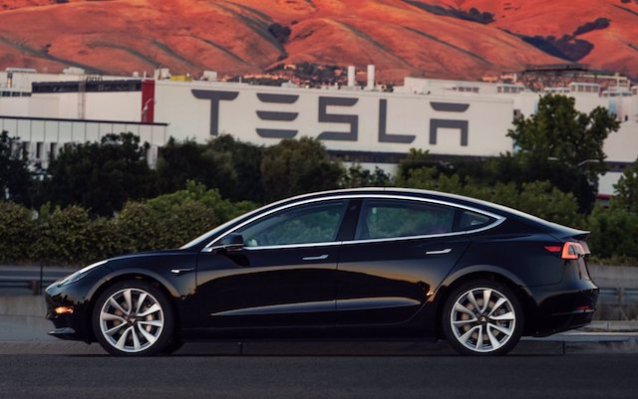

In a few weeks, Tesla buyers will have to pay more for an option that isn’t yet completely functional, but that CEO Elon Musk promises will one day deliver full autonomous driving capabilities.
Musk tweeted Saturday that the price of its full self-driving option will “increase substantially over time” beginning May 1.
Tesla vehicles are not self-driving. Musk has promised that the advanced driver assistance capabilities on Tesla vehicles will continue to improve until eventually reaching that full automation high-water mark.
Musk didn’t provide a specific figure, but in response to a question on Twitter, he said the increase would be “something like” around the $3,000+ figure. Full self-driving currently costs $5,000.
The price hike comes amid several notable changes and events, including an upcoming Investor Autonomy Day on April 22 meant to explain and showcase Tesla’s autonomous driving technology. On Thursday, Tesla announced that Autopilot, its advanced driver assistance system that offers a combination of adaptive cruise control and lane steering, is now a standard feature.
The price of vehicles with the standard Autopilot is higher (although it should be noted that this standard feature is less than the prior cost of the option). Buyers previously had to pay $3,000 for the option and examples given by Tesla suggest a $500 savings.
Tesla also announced it would begin leasing the Model 3 vehicles.
The more robust version of Autopilot is called Full Self-Driving, or FSD, and currently costs an additional $5,000. FSD includes Summon as well as Navigate on Autopilot, an active guidance system that navigates a car from a highway on-ramp to off-ramp, including interchanges and making lane changes. Once drivers enter a destination into the navigation system, they can enable “Navigate on Autopilot” for that trip.
Tesla continues to improve Navigate on Autopilot and the broader FSD system through over-the-air software updates. The company says on its website that FSD will soon be able to recognize and respond to traffic lights and stop signs and automatically driving on city streets.
The next major step change is a new custom chip called Hardware 3 that Tesla recently began producing. The Tesla-built piece of hardware is designed to have greater processing power than the Nvidia computer currently in Model S, X, and 3 vehicles.
Musk tweeted Saturday that Tesla will begin swapping the new custom chip into existing vehicles in a few months.
Musk has been promising full self-driving for years now. In late 2016, when Tesla started producing electric vehicles with a more robust suite of sensors, radar and cameras that would allow higher levels of automated driving, it also started taking money from customers for FSD. Musk said at the time, it would become available if and when the technical challenges were conquered and regulatory approvals were met.

